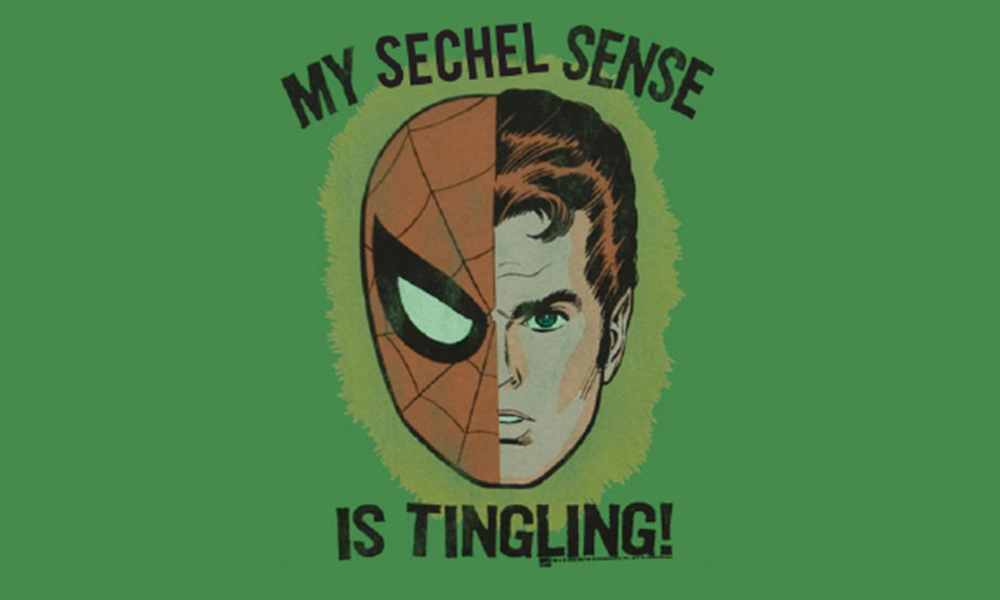Jewish Word // “Zaftig”
A Full-Bodied History
by Hilary Weissman, with additional reporting by Sala Levin
For a quick overview of the complexities of the word zaftig, take a look at...
Jewish Word // “NJB”
Maybe you know one. Maybe you want one. Maybe you are one. Go to JDate.com, and you’re guaranteed to find one: “Message me if you are looking for a nice Jewish boy who values family, respect and loyalty.”
Jewish Word // Kinehora
In 2004, the stoic, cowboy-esque Clint Eastwood unexpectedly proved himself more Tevye the Dairyman than Dirty Harry. In response to a reporter’s question about the chances of his movie, Mystic River, winning the Best Picture Oscar, Eastwood cried, “Kinehora!” He explained that it was a Jewish expression used to ward off a jinx, one of countless protective folk actions intended to avoid, fool or attack evil spirits.
Jewish Word // Haredi
The term haredi comes from the Hebrew root meaning “to tremble” (hared) and a verse in Isaiah, in which God says, “But to this one I will look, to him who is humble and contrite of spirit, and who trembles at my word.” “Haredi really means those who are in awe, or who tremble or quake,” says Samuel Heilman, professor of sociology at Queens College of the City University of New York.
Jewish Word // Philistine
How Philistine Became a Dirty Word
by Caitlin Yoshiko Kandil
It’s a story nearly everyone knows: The young shepherd boy uses nothing but his wits and a slingshot...
Jewish Word / Sechel
The (Jewish) Sixth Sense
By George E. Johnson
In his autobiography, Songs My Mother Taught Me, Marlon Brando writes at length about the transformative role Jews played in his...
Jewish Word | Ghetto
Venice, Harlem and Beyond
There are few words that so acutely symbolize discrimination as “ghetto.” It was coined in Venice in 1516 to refer to a...
Jewish Word | Moser
The Jewish Snitch
by Sala Levin
Earlier this year, Nechemya Weberman, a member of the Hasidic Satmar community in New York, was sentenced to 103 years in...
Jewish Word | Tsuris
Nobody Knows the Tsuris I’ve Seen…
“Nobody knows the trouble I’ve seen,” laments an African-American spiritual. In Yiddish, this feeling is encapsulated by the word tsuris—variously...
Jewish Word | The God Gene
Finding Faith in DNA
Why do some people believe in God, while others don’t? Is it a person’s choice, the result of upbringing or simply divine...










